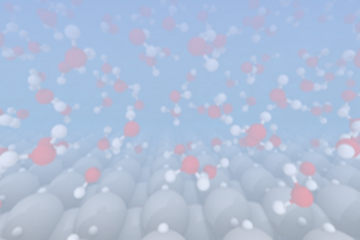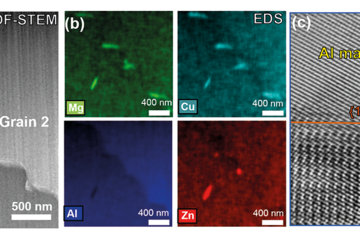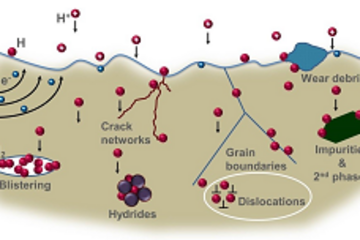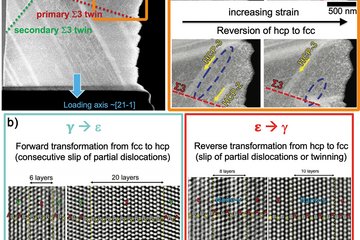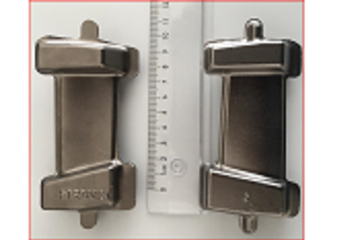All genres
21.
Talk
Melting parameters from ab initio using the fast statistical sampling TOR-TILD approach: Applications to Al and Ni. CALPHAD XLVIII CONFERENCE, Singapore, Singapore (2019)
22.
Talk
Efficient approach to compute melting properties fully from ab initio with application to Cu. CALPHAD XLVII Conference, Querétaro, México (2018)
23.
Talk
Efficient approach to compute melting properties fully from ab initio with application to Cu. MPIE-ICAMS workshop, Ebernburg, Germany (2017)
24.
Talk
Development of methodologies to efficiently compute melting properties fully from ab initio. 2nd German-Dutch Workshop on Computational Materials Science, Domburg, The Netherlands (2016)
25.
Talk
Combined theoretical and experimental studies of ductile Mg alloys. Seminar lecture at the Technical University Bergakademie Freiberg, Freiberg, Germany (2013)
26.
Talk
Combined theoretical and experimental studies of ductile Mg alloys. International Symposium on Atomistic Modeling for Mechanics, Tokyo, Japan (2013)
27.
Talk
Ab initio stacking fault energy calculations in Mg–Y alloys. DPG Frühjahrstagung, Regensburg, Germany (2013)
28.
Talk
Ab initio study of stacking fault energies in Mg alloys. European Congress and Exhibition on Advanced Materials and Processes, Sevilla, Spain (2013)
29.
Talk
Ab initio study of single-crystalline and polycrystalline elastic properties of Mg-substituted calcite crystals. DPG Frühjahrstagung, Regensburg, Germany (2013)
30.
Talk
Combining ab initio calculations and high resolution experiments to improve the understanding of advanced Mg-Y and Mg-RE alloys. 7th Annual Conference of the ARC Centre of Excellence for Design in Light Metals, Melbourne, VIC, Australia (2012)
31.
Talk
Combined Experimental and Theoretical Study on the Ductilizing Effect of Rare Earth Elements in Magnesium Alloys. MMM2012, 6th International Conference on Multiscale Materials Modeling, Singapore City, Singapore (2012)
32.
Talk
First principles study on Fe-Ti alloys. CM-Workshop, Attendorn, Germany (2011)
33.
Talk
Study of iron EAM potentials and their effects on dislocation dynamic. E-MRS Spring Meeting, Nice, France (2011)
34.
Talk
First principles study of elastic properties of eutectic Ti-Fe alloys up to their mechanical stability limits. DPG Spring Meeting 2011, Dresden, Germany (2011)
35.
Talk
Ab initio based multi-scale approaches to the elasticity of polycrystals. ICAMS Scientific Retreat, Akademie Biggsee, Attendorn, Germany (2010)
36.
Talk
First-principles study of the Ti-Fe eutectic system. Seminar at Institute of Physics of Materials at Czech Academy of Sciences, Brno, Czech Republic (2010)
37.
Talk
First-principles study of the Ti-Fe eutectic system. Materials Science and Engineering 2010, Darmstadt, Germany (2010)
38.
Talk
First principles study of thermodynamic, structural and elastic properties of eutectic Ti-Fe alloys. DPG Spring Meeting 2010, Regensburg, Germany (2010)
39.
Talk
First principles study of thermodynamic, structural and elastic properties of eutectic Ti–Fe alloys. March meeting of the American Physical Society (APS), Portland, OR, USA (2010)
40.
Talk
First principles study of thermodynamic, structural and elastic properties of eutectic Ti-Fe alloys. Computational Materials Science on Complex Energy Landscapes Workshop, Imst, Austria (2010)




